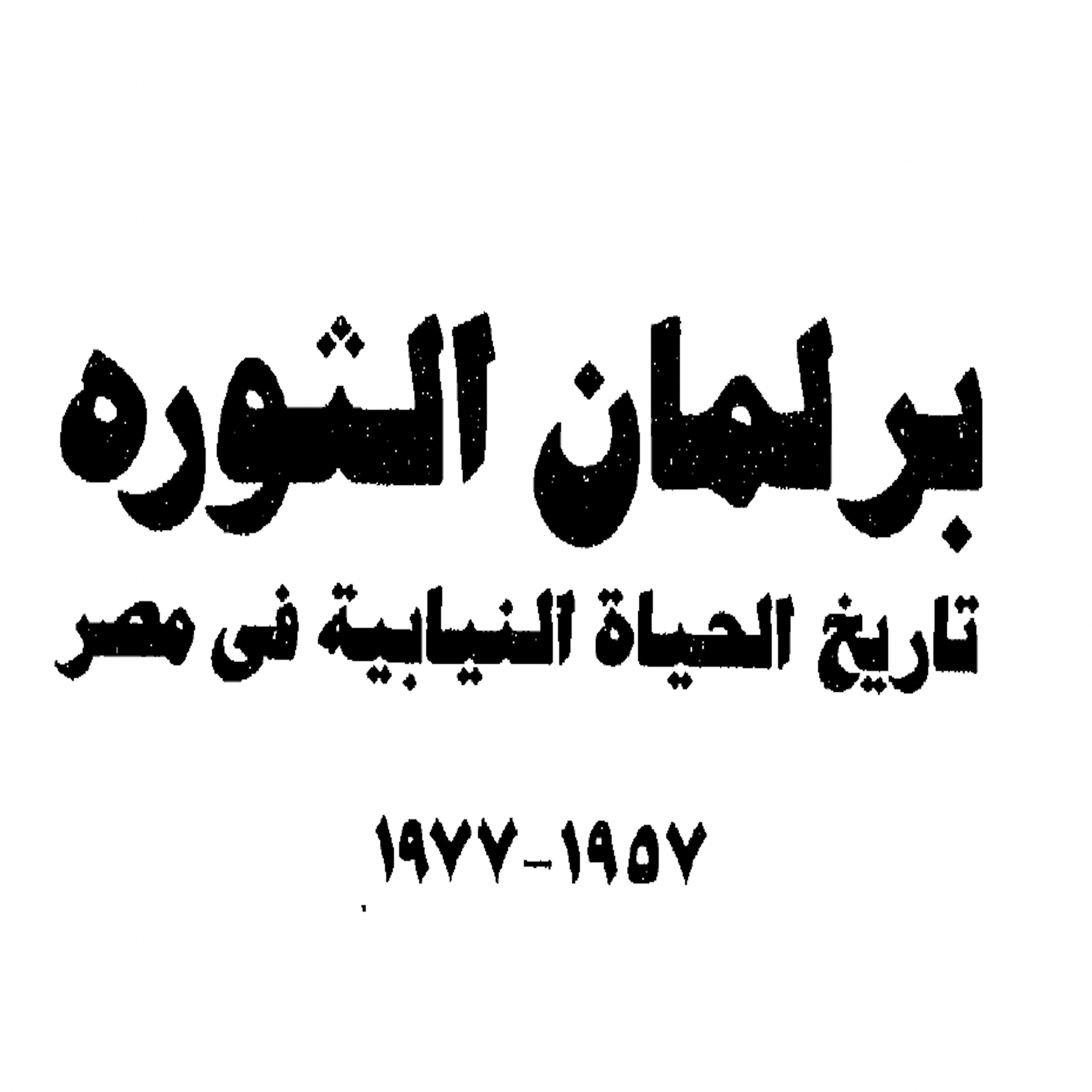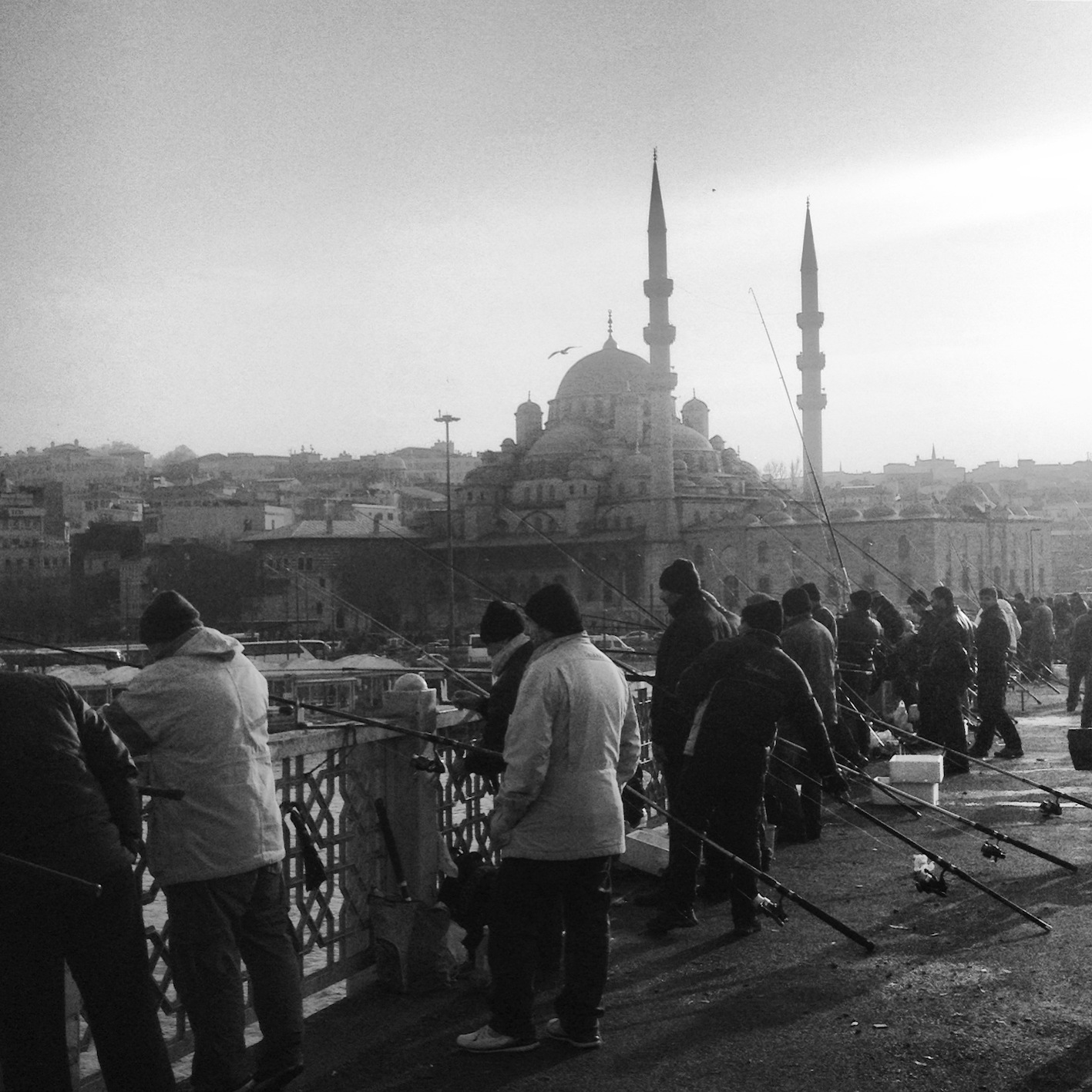MENA-PERC
Political Elites and Regime Change in the Middle East and North Africa

ABOUT
×

About the ProjectThe MENA-PERC project is funded by an ERC Consolidator Grant and based at the Sant'Anna School of Advanced Studies in Pisa. The project has launched in January 2023 and will run through 2027. It investigates the individual-level determinants of elite conflict focusing on the Middle East and North Africa, and in particular on Egypt, Tunisia, and Turkey. Project abstractWhether political elites accommodate or exclude their rivals during regime crises can be a matter of life and death. Following the 2011 uprisings in the Middle East and North Africa (MENA), elite compromise sustained a fragile democratic transition in Tunisia, while elite conflict triggered a coup in Egypt. Tunisia has since seen three democratic elections, but has experienced democraric breakdown in 2021. Why do elites in some cases pursue accommodation while they push for excluding their rivals in others? MENA-PERC proposes an answer to this puzzle: the degrees of asymmetry and polarization between regime coalitions and their challengers shape elite preferences for accommodation or exclusion. These preferences, in turn, determine the type of regime emerging from crisis. Regime coalitions comprise elites who provide crucial links to social constituencies and whose collective support stabilizes the regime. The project theorizes the role of these actors, linking macrolevel outcomes in terms of regime types to evidence on the microlevel of individual elites. The project draws on evidence from 13 regime spells in three MENA countries across more than a century. Regime coalitions are identified by focusing on members of parliament in Egypt (1882-present), Tunisia (1907-present), and Turkey (1908-present), observing processes of elite change empirically based on individual-level data on these elite members and leveraging these data in a mixed-methods design. Second, the project traces causal mechanism through elite surveys and in-depth fieldwork examining authoritarian consolidation in contemporary Egypt, democratization and democratic breakdown in Tunisia, and democratic backsliding in Turkey. The project makes three contributions. It theorizes why elites accommodate or exclude during regime crises; it pioneers an innovative way of testing this model by observing elite change over time; and it traces the model’s causal mechanisms in ongoing processes of regime change. |

VACANCIES
×

VacanciesPostdoctoral ResearcherWe are recruiting a postdoctoral researcher (2 years with the possibility of extension for a further 3 years) for the ERC-funded project Political Elites and Regime Change in the Middle East and North Africa: Accommodation or Exclusion (MENA-PERC), located at the Sant’Anna School of Advanced Studies in Pisa, Italy.
You have...
You will...
We offer...
DEADLINE: 28 February 2023, online interviews in mid-March ApplyProject Manager (tecnologo)We are recruiting a project manager (2 years with possibility of extension) for the ERC-funded project Political Elites and Regime Change in the Middle East and North Africa: Accommodation or Exclusion (MENA-PERC), located at the Sant’Anna School of Advanced Studies in Pisa, Italy.
You have...
You will...
We offer...
DEADLINE: 2 February 2023 Apply |